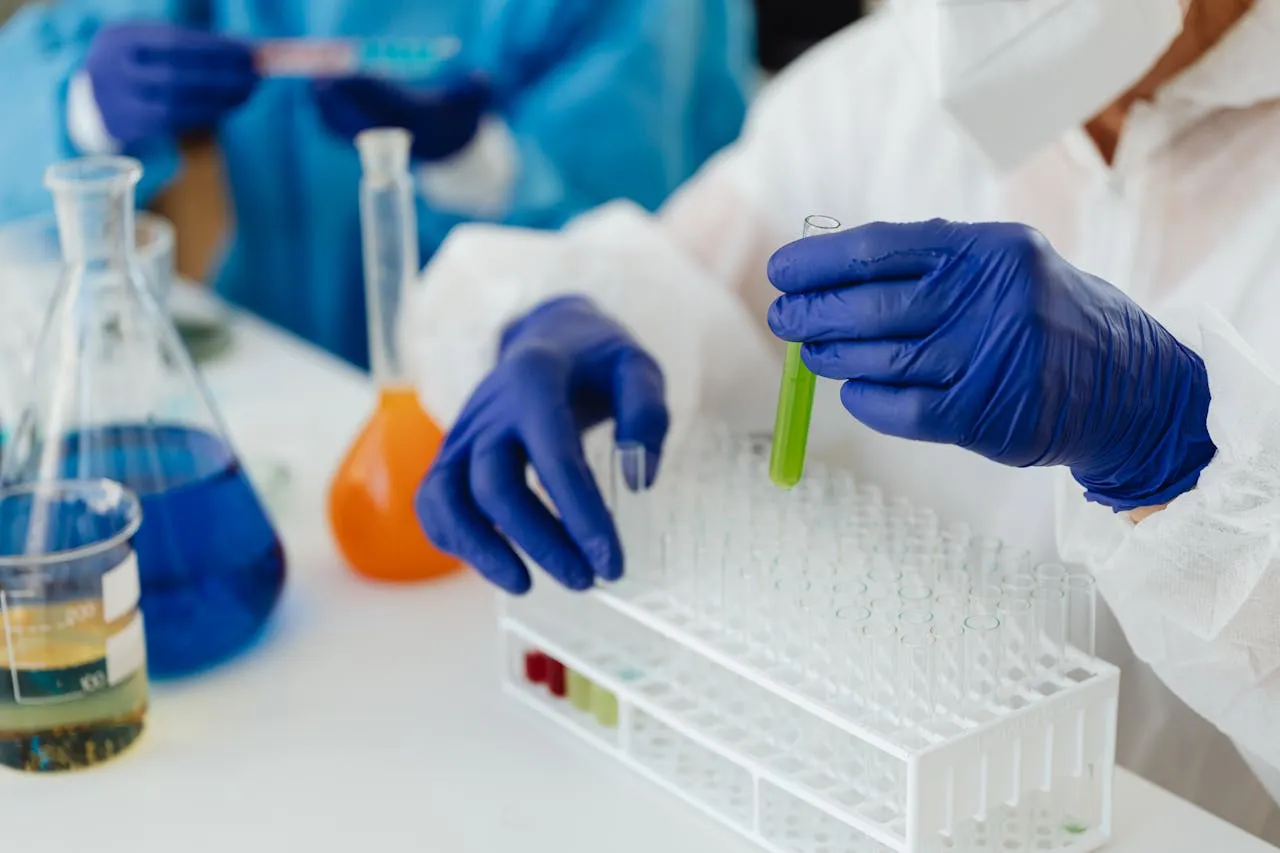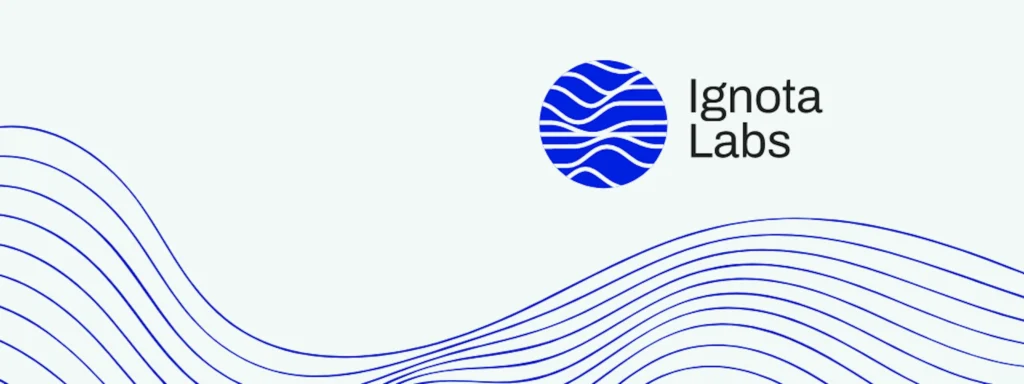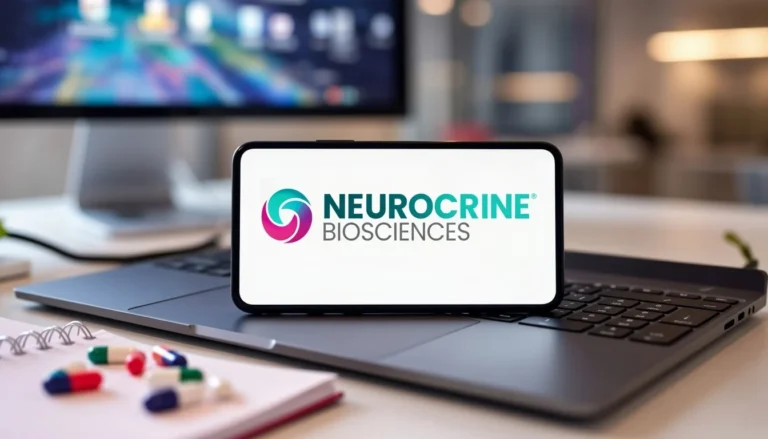
Ignota Labs Strengthens Clinical Portfolio Through Acquisition of Kronos’s Development-Stage Assets
Ignota Labs, an emerging pioneer in artificial intelligence–driven drug redevelopment, has announced the strategic acquisition of Kronos’s former clinical assets—istisociclib, a cyclin-dependent kinase 9 (CDK9) inhibitor, and entospletinib and lanraplenib, both spleen tyrosine kinase (SYK) inhibitors. The acquisition marks a significant expansion of Ignota Labs’ pipeline and underscores its mission to breathe new life into promising but discontinued drug candidates that have previously stalled in development due to safety or efficacy challenges.
Kronos, once regarded as a rising star in oncology and immunology drug development, reached a valuation of $3.5 billion following its IPO. However, despite early clinical success and substantial investor enthusiasm, the company struggled to advance its lead candidates beyond Phase 2 trials. These setbacks ultimately led Kronos to halt operations, leaving behind a valuable but dormant portfolio of molecules with strong biological rationales.
For Ignota Labs, this presented an opportunity to apply its proprietary AI platform, SAFEPATH, to revisit and potentially rescue these assets. The platform integrates cheminformatics and bioinformatics to uncover the molecular and biological underpinnings of safety and tolerability issues—factors that often derail otherwise efficacious drugs.
Turning Failure Into Opportunity
Ignota Labs’ approach is rooted in a fundamental belief: that many shelved drug candidates fail not because they lack therapeutic potential, but because the tools available at the time were insufficient to fully understand their mechanisms of action or adverse event profiles. By deploying advanced AI models capable of analyzing massive datasets across molecular structures, biological pathways, and patient-level clinical outcomes, Ignota aims to identify the precise causes of toxicity or inefficacy and propose scientifically validated solutions.
The company’s acquisition of the Kronos clinical IP grants it full ownership and control over the development of these three compounds. This means Ignota can immediately begin applying its SAFEPATH platform to dissect the safety concerns that hindered their progress and design optimized analogs or improved formulations that preserve therapeutic efficacy while mitigating risk.
According to Sam Windsor, Co-Founder and CEO of Ignota Labs, this acquisition exemplifies the company’s mission to transform failure into future success:
We are acquiring assets that have demonstrated therapeutic effect but failed in their development and were shelved despite tens of millions of dollars already invested in them. This is where Ignota Labs comes in: unlocking value by turning around failing drugs so that they can quickly get back into clinical trials and bring fresh hope to the patients waiting for these drugs.”
Reviving Promising Mechanisms in Oncology and Immunology
Among the most compelling aspects of this acquisition are the scientific and therapeutic potentials of the targets involved. CDK9 inhibitors and SYK inhibitors have been extensively investigated for their roles in cancer biology and immune regulation, respectively.

Istisociclib (CDK9 inhibitor) was designed to selectively inhibit CDK9, an enzyme that regulates transcriptional processes essential for the survival of certain cancer cells, particularly those driven by oncogenes such as MYC. CDK9 inhibition has shown promise in hematologic malignancies, including acute myeloid leukemia (AML) and chronic lymphocytic leukemia (CLL), as well as in certain solid tumors. However, early candidates in this class often faced dose-limiting toxicities related to off-target effects on normal transcriptional processes—a challenge Ignota’s SAFEPATH system is uniquely positioned to address.
Meanwhile, entospletinib and lanraplenib are potent and selective inhibitors of SYK, a critical signaling kinase in B-cell receptor pathways. Dysregulation of SYK signaling has been implicated in various autoimmune diseases and hematologic malignancies. Kronos’s SYK inhibitors demonstrated encouraging clinical activity in conditions such as immune thrombocytopenia purpura (ITP) and CLL, but encountered hurdles in optimizing their therapeutic index and clinical differentiation.
By integrating computational safety assessment with biological validation, Ignota Labs aims to re-engineer these molecules for safer, more effective re-entry into the clinic.
Leveraging AI to Redefine Drug Safety and Efficacy
Ignota’s SAFEPATH platform lies at the heart of this turnaround strategy. The system combines machine learning algorithms, mechanistic modeling, and multi-omics data analysis to uncover causal links between chemical structure, biological target interactions, and patient-specific adverse events. This data-driven approach enables researchers to map out toxicity networks and predict how modifications—whether chemical, formulation-based, or dosing-related—can improve safety without compromising therapeutic potency.
In practical terms, SAFEPATH can analyze vast chemical libraries to identify analogs that maintain on-target efficacy while reducing off-target effects. It can also suggest novel combinations, reformulations, or targeted delivery mechanisms that minimize systemic exposure.
This approach not only reduces the risk of late-stage clinical failure but also dramatically shortens development timelines, since much of the foundational work—pharmacokinetic data, preclinical studies, and even early clinical trials—has already been completed for these inherited assets.
Addressing Major Unmet Needs in Blood Cancer and Autoimmune Disorders
The therapeutic areas that Kronos’s assets address—blood cancers and autoimmune diseases—remain among the most significant unmet medical needs globally. Chronic lymphocytic leukemia (CLL), for instance, represents an $8 billion global market, driven by a growing patient population and the demand for therapies with improved safety and durability of response.
Similarly, immune thrombocytopenia purpura (ITP), an autoimmune disorder characterized by low platelet counts and increased bleeding risk, constitutes a $1.5 billion market opportunity. Current treatments, such as corticosteroids, IVIG, and thrombopoietin receptor agonists, often provide incomplete or transient relief, underscoring the need for new therapeutic mechanisms like SYK inhibition.
By reviving and optimizing Kronos’s SYK inhibitors, Ignota Labs is strategically positioning itself to address these large and underserved markets, providing hope to patients who currently have limited long-term treatment options.
Building Momentum in AI-Driven Drug Rescue
The acquisition also marks a broader shift in the pharmaceutical industry’s approach to asset recycling and drug rescue. Thousands of clinical candidates have been discontinued over the past two decades—often for reasons that modern computational tools can now re-examine with new insight.
Ignota Labs sits at the forefront of this emerging paradigm, combining deep scientific expertise with AI-powered predictive modeling. The company’s business model is built around acquiring or in-licensing clinical-stage molecules that have failed due to toxicity, formulation challenges, or strategic deprioritization by large pharmaceutical companies—and then redeveloping them with greater precision.
Dr. Jordan Lane, Co-Founder and Chief Scientific Officer of Ignota Labs, emphasized the urgency and societal value of this approach:
“These drugs are desperately needed. Both CDK9 inhibitors and SYK inhibitors have shown clinical benefit to patients. By in-licensing these drugs, we are uniquely placed to bring these best-in-class drugs to patients with diseases that desperately need them.”
Lane further noted that SAFEPATH’s ability to de-risk compounds early in redevelopment could enable Ignota to advance these molecules back into clinical trials within a fraction of the time and cost typically associated with de novo drug discovery.
Charting the Road Ahea
With the Kronos acquisition complete, Ignota Labs will now initiate an intensive AI-driven reassessment of the three acquired compounds. This will include:
- Comprehensive toxicology data mining to pinpoint specific molecular or pathway-level drivers of adverse effects.
- Structure-based redesign using SAFEPATH to identify safer analogs.
- Preclinical validation studies to confirm improved safety and efficacy profiles.
- Strategic partnering discussions to facilitate rapid re-entry into clinical testing.
The company expects to announce preliminary findings from its SAFEPATH reassessment program in the coming quarters, potentially setting the stage for Phase 1b/2 restart trials as early as 2026.
A New Chapter for Dormant Drugs
Ignota Labs’ acquisition of Kronos’s clinical assets represents more than a simple portfolio expansion—it symbolizes a new philosophy in drug development. Rather than starting from scratch, the company is proving that modern AI systems can reclaim lost potential from once-promising molecules, turning past failures into future therapies.





